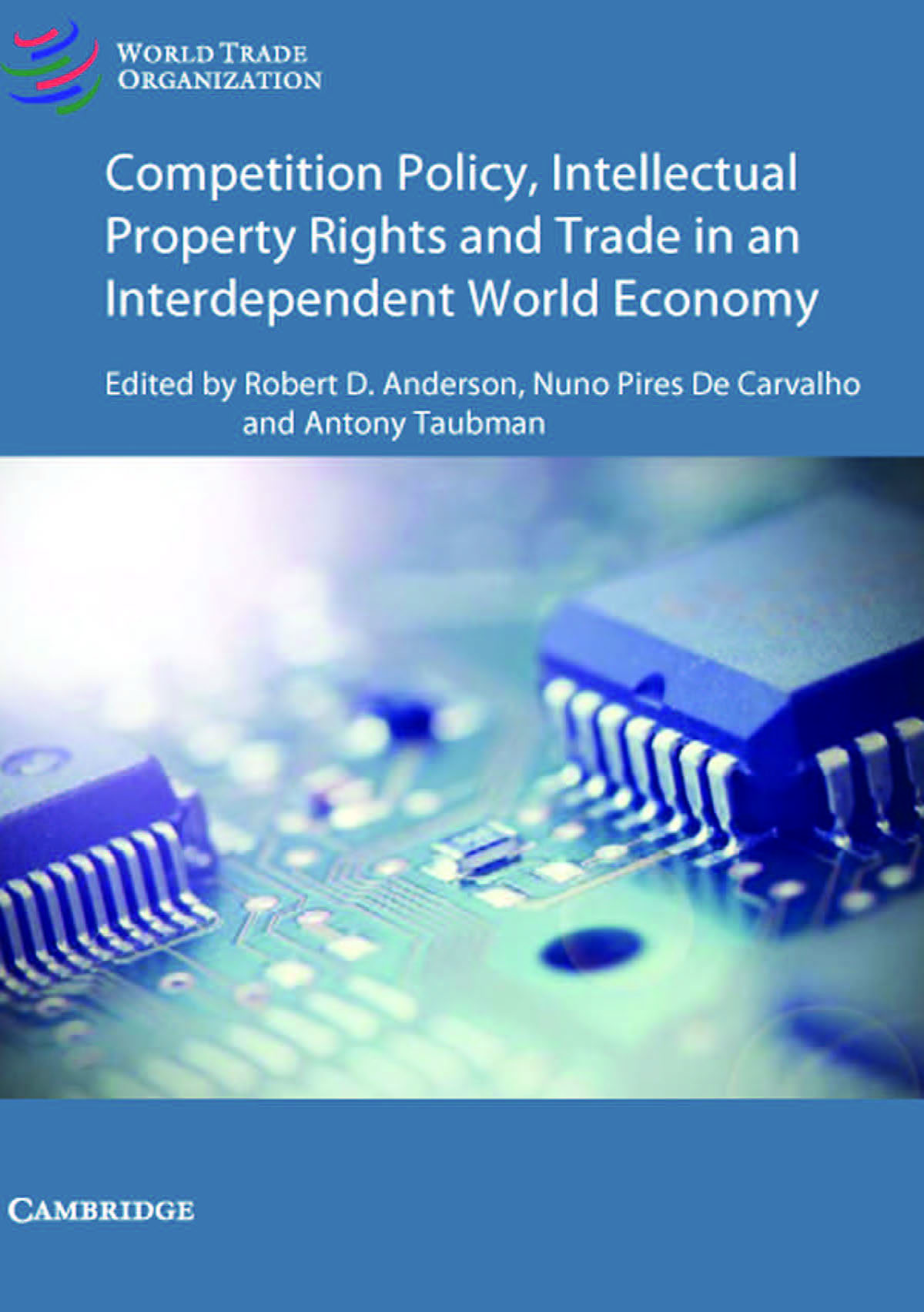Editor’s Note: In the midst of China’s once-a-decade top leadership transition,
The Wall Street Journal
invited Cheng Li and Minxin Pei of Claremont McKenna College to debate the chances for political reform. In Part 2 of the debate Li and Pei address whether or not the Communist Party system itself will allow for reform. Read an excerpt below. (Read also Part 1 and Part 3.)
China Real Time: What about the decision-making process among China’s political elites? Do you think the current system allows them to move in the right direction?
Cheng Li: China is a one-party state in which the Chinese Communist Party monopolizes power. The party leadership, however, is not a monolithic group. Its members do not all share the same ideology, political association, socio-economic background or policy preferences. In fact, I would argue the two main political factions or coalitions within the Chinese Communist Party leadership are currently competing for power, influence and the control over policy initiatives.
This bifurcation has created within China’s one-party polity something approximating a mechanism of checks and balances in the decision-making process. This mechanism, of course, is not the same as the system of checks and balances that operates between the executive, legislative and judiciary branches in a democratic system. But this new structure — sometimes I refer to it as “One Party,Two Coalitions,” following Deng Xiaoping’s famous line “One Country, Two Systems,” — represents a major departure from the all-powerful strongman model that was characteristic of the Mao and the Deng era.
Now, I don’t want to go into details with these two coalitions. I think people are quite familiar with the concept of the princelings, who largely make up Jiang Zemin’s camp, versus the Tuanpai, referring to Hu Jintao’s Communist Youth League officials. So you have the Jiang camp and the Hu Jintao camp, and they’re competing against each other. This is the Chinese style of checks and balances.
In Part 3, our experts discuss whether China can tackle the vested interests blocking reform and wrap things up with closing arguments. In Part 1, they explained what sort of reform they thought China needed and argued over whether China’s incoming leaders should be considered reformers.






